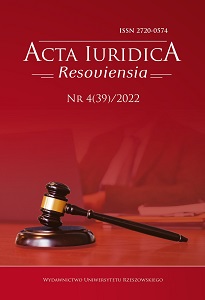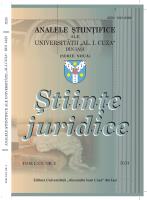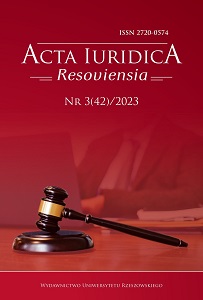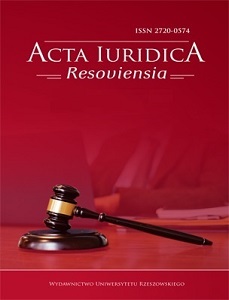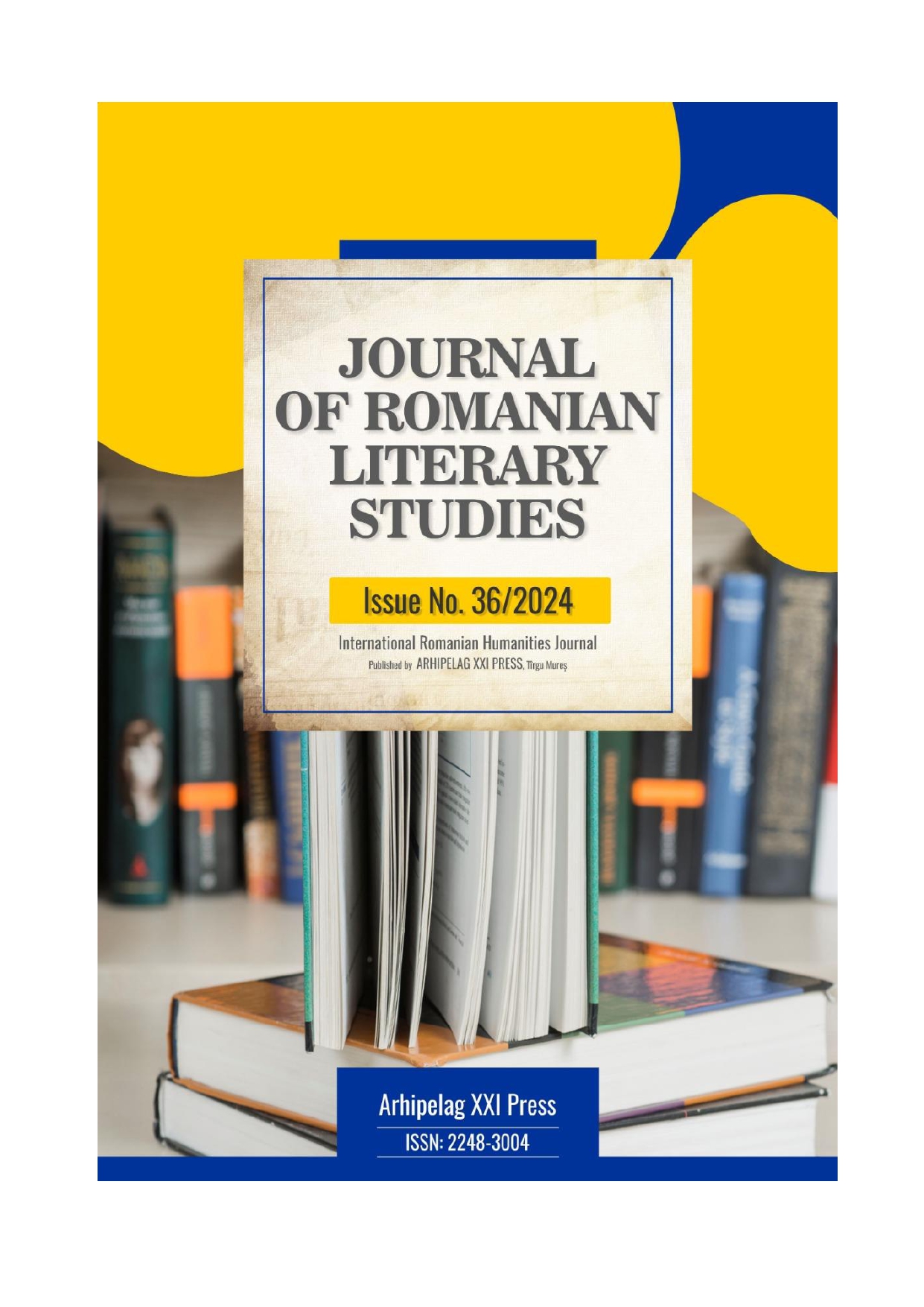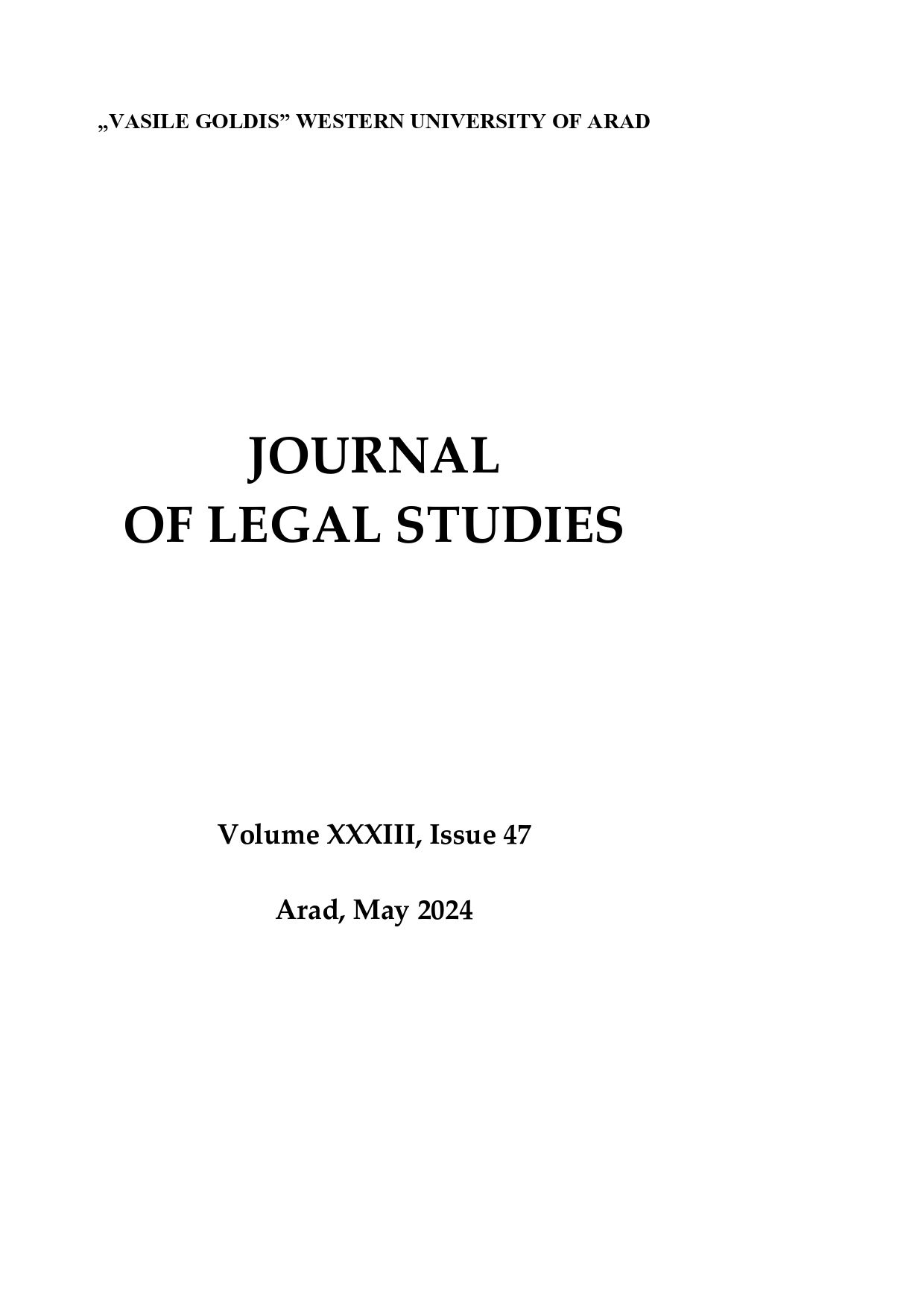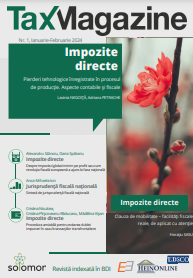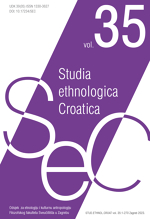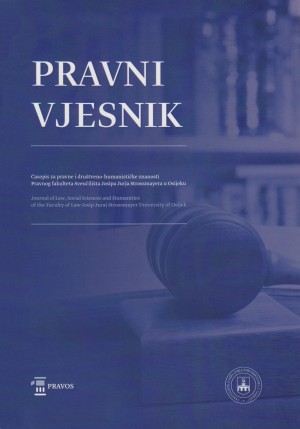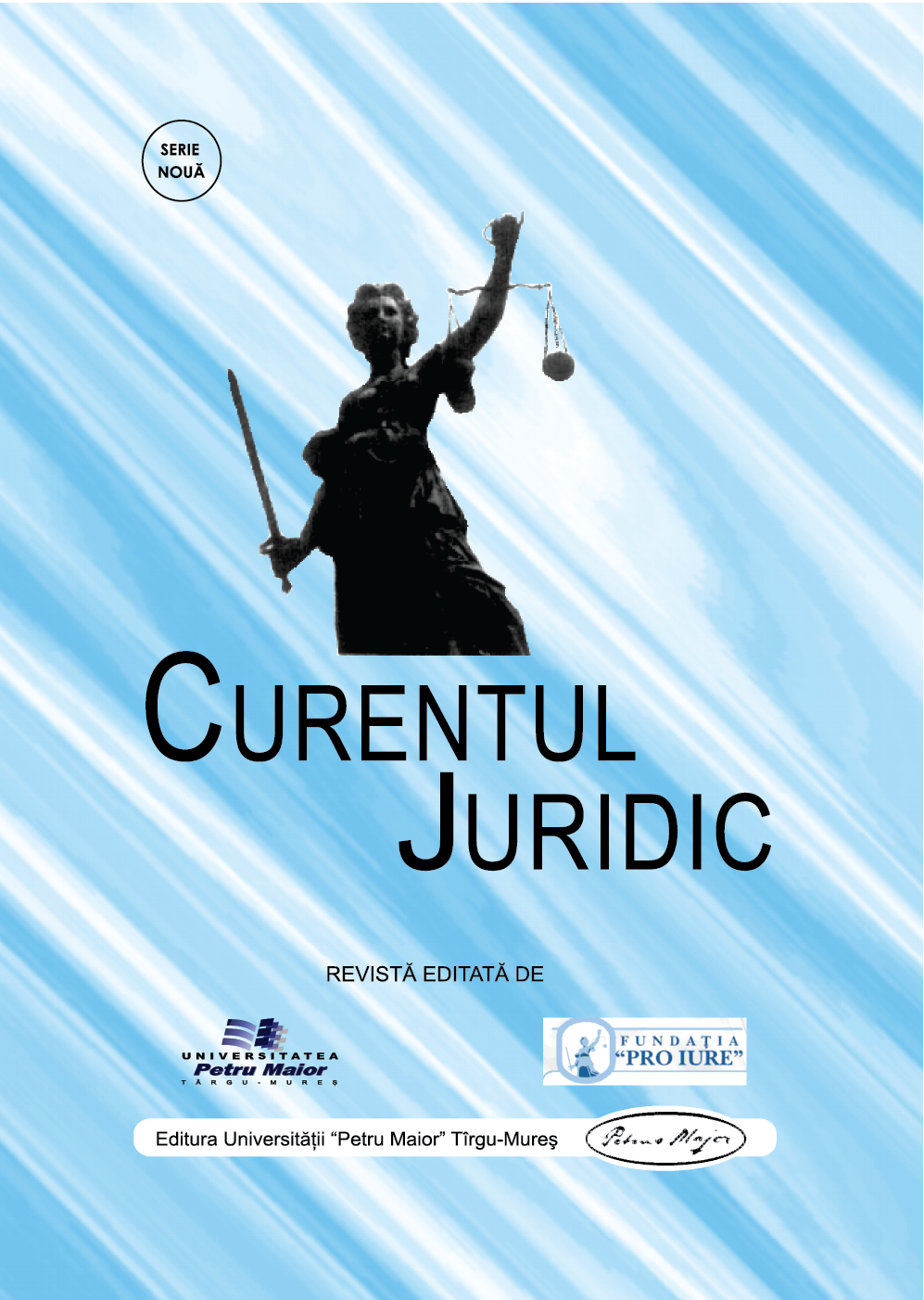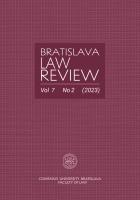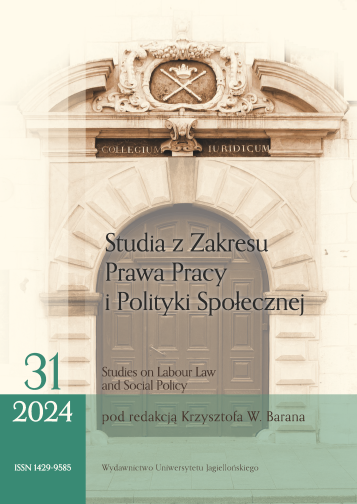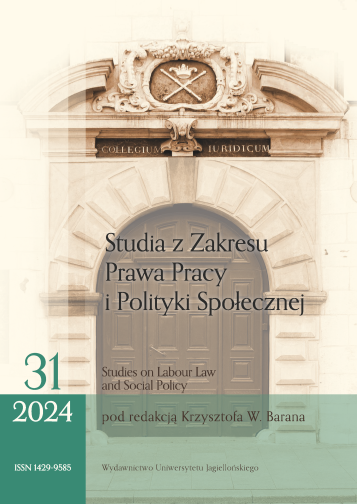
Działalność gospodarcza i ochrona praw przedsiębiorców w świetle regulacji Konstytucji Biznesu
This publication considers key guarantees in the economic law of the rights of entrepreneurs regulated by the content of the package of laws creating the so-called. The starting point is, however, the location of economic activity and the social market economy in the regulations of the Constitution of the Republic of Poland and the basic principles, rights and freedoms derived there from, constituting the basis for the free undertaking of this activity. It also seemed necessary to refer to the general concept of economic activity, as well as various definitions defined by the legislator, depending on the normative act used, in order to understand the subjectivity of economic law participants more widely. As a consequence, the above allowed for a broad display of the principles and rights of conducting business activity guaranteed in the Act – Entrepreneurs' Law and the consequences arising from them. The institution of the Ombudsman for Small and Medium-sized Enterprises was also subject to a detailed assessment, as an additional element of ensuring protection of the rights of entrepreneurs in business transactions and in relations with public administration bodies.
More...
